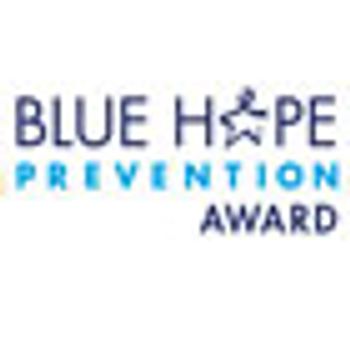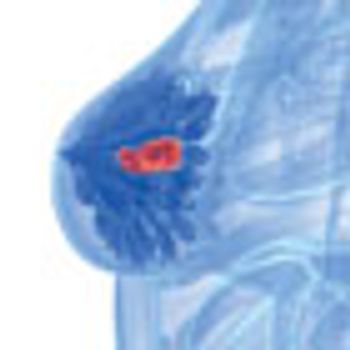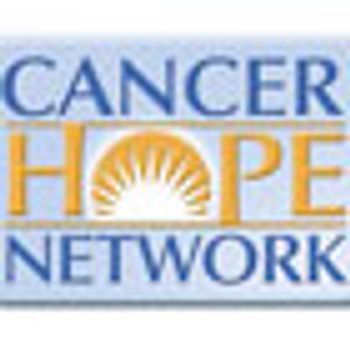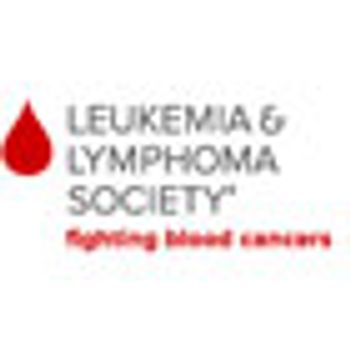
Researchers are now asking the question of why?

A new study presented at the 2014 ASCO Annual Meeting has found that adding goserelin to chemotherapy for women with early-stage hormone receptor (HR)-negative breast cancer helps both to preserve their fertility and to prolong their survival.

When advanced practice palliative care nurses offer a formal program of palliative care to the family caregivers of patients with advanced cancer soon after diagnosis, the caregivers experience better quality of life, less depression, and a lower sense of caregiver burden,

The ASCO clinical practice guideline now recommends treatment with adjuvant tamoxifen for 10 years in women with stage I-III hormone receptor (HR)-positive breast cancer.

Key findings and recommendations from ASCO.

Colon cancer remains the second leading cause of cancer death in the United States and only 60% of Americans report being up-to-date with the recommended screening guidelines.

Grammy and Tony Award Nominee, Valisia LeKae, was starring in the Broadway role of a lifetime, playing Diana Ross in "Motown The Musical." Then she was diagnosed with ovarian cancer.

New data has revealed that breastfeeding, tubal ligation, and oral contraceptives may lower the risk of ovarian cancer for some women with BRCA gene mutations,

New resources available for providers and patients.

WETA, the Washington, DC, public television station, has launched a new website as part of a national outreach for the documentary The Story of Cancer: The Emperor of All Maladies, which will be produced by Ken Burns.

I was diagnosed with stage IV advanced, incurable stomach (gastric) cancer in April 2008 when I was only 40 years old

An analysis of a large, nationwide dataset has revealed that regardless of their socioeconomic status, black women are nearly twice as likely to be diagnosed with triple-negative breast cancer (TNBC) and Asian/Pacific Islander women are more likely to be diagnosed with HER2-overexpressing breast cancer compared with white women.

A noninvasive stool DNA test may be a new option to increase rates of colorectal cancer screening, proving more sensitive in identifying colon cancer, advanced precancerous lesions, and polyps than currently available fecal immunochemical testing (FIT).

Obesity significantly increases the risk of dying of breast cancer in premenopausal women with ER-positive early disease, according to findings from a large, retrospective study involving 80,000 patients.

Nivolumab, a PD-1-specific antibody, has been shown to produce long-term remissions with limited toxicity in patients with advanced melanoma, according to results from one of the longest follow ups to examine the drug

The American Society of Clinical Oncology has released new resources to help healthcare providers and patients manage the complications of obesity in patients with cancer, the organization announced.

Caregivers of patients with multiple myeloma face similar challenges to those faced by the patients themselves.

Less than 5% of oncologists surveyed provide a written survivorship care plan to patients.

Cancer Hope Network is an organization that is all about its middle name-Hope.

Nurses at the Rutgers Cancer Institute of New Jersey have developed a program to help patients with early-stage breast cancer to better understand and retain information about their presurgical treatments.

A home administration route for the subcutaneous injection omacetaxine mepesuccinate (Synribo) was approved by the FDA for use in patients with chronic or accelerated phase chronic myeloid leukemia (CML) who are resistant or intolerant to treatment with tyrosine kinase inhibitors.

We were thrilled to cohost the Colorectal Cancer Survivor Panel Lunch & Learn at the recent OMG! Cancer Summit for Young Adults with our friends at Chris4Life.

ASCO panel develops screening and management guidelines

The Leukemia & Lymphoma Society (LLS) is pleased to present the following updated publications for patients and caregivers

No one likes going to the dentist, but l'm thankful I did.

The FDA has granted an accelerated approval to the next-generation ALK inhibitor ceritinib as a treatment for patients with ALK-positive metastatic non-small cell lung cancer following progression on crizotinib.

I have been living with stage IV lung cancer for three years, not because I have the disease, but because my husband does.

Patients who received adjuvant chemotherapy as treatment for their breast cancer were less likely to be working after their treatment compared with patients who were not treated with adjuvant chemotherapy.

Failure to identify and treat symptoms reduces quality of life.

An update from the Foundation for Women's Cancer and Society of Gynecologic Oncology